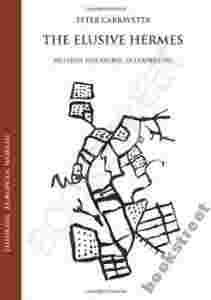|
The author proposes a new general theory of
interpretation by taking as a starting point the
interconnectedness between Method, Theory, and
Discourse. He holds that a worldview requires a way of
understanding it, and trying to comprehend something
requires that we have some idea of it. In this fashion,
Method and Theory are always co-present during
interpretation. To explore this bond, the author finds
in Discourse the common and indeed primordial material
to enable both theorization and methodic inquiry. In a
strong reevaluation of rhetoric as philosophy, fertile
ground for the thesis is found in the Sophists, Peirce,
Ricouer, and Perelman. With these premises established,
the book then lays out a flexible model for
interpretation anchored to three necessary critical
loci: the Work, the Interpreter, and the Interpreting
act or process itself. This last element requires the
reintroduction of consciousness and taking language as
endowed from the start with a pragmatic dimension. The
model is put to the test by studying the relation
between Method and Discourse in Plato, Aristotle,
Descartes, and Husserl. Crossing various disciplines,
these researches delve into key turning points in the
succession of approaches that became dominant in
determining who or what we are, and how we can know
anything at all. The author concludes that the sciences
and the humanities are not antithetical, as we have been
led to believe throughout Modernity, but rather share
common origins, concerns, and discursive practices. This
is the first of a four volume project under the aegis of
the messenger deity Hermes. Volume IV, On the
Postmodern, was published in 2009; volume II,Thresholds:
Method and Interpretation in Contemporary Italy, is in
progress; volume III will focus on humanism.
|
|

